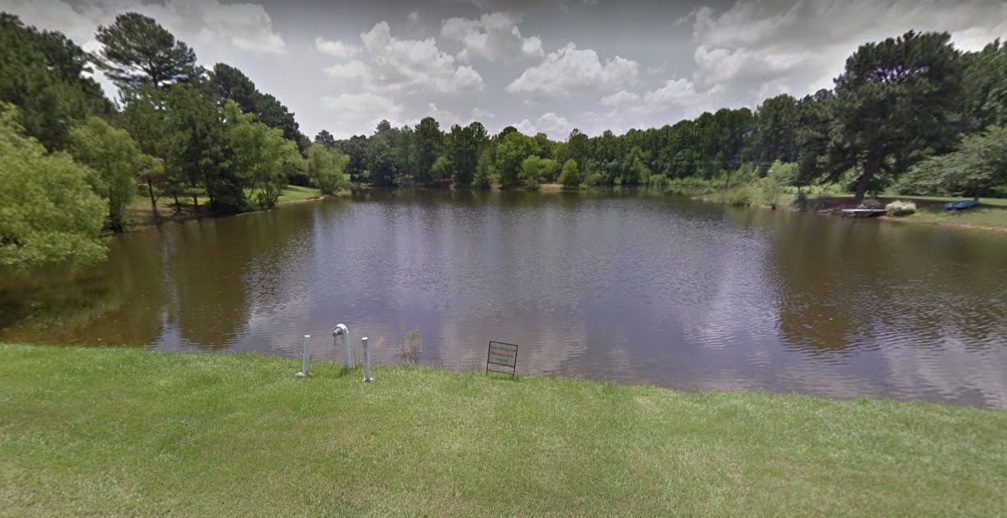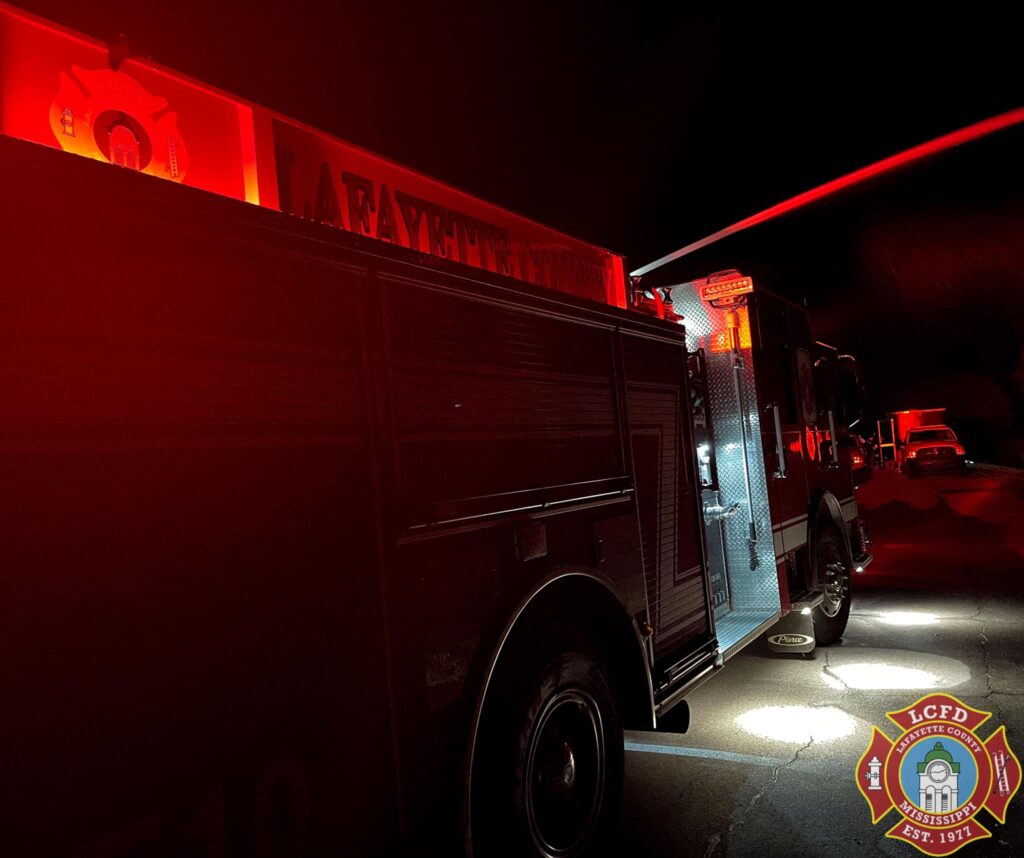Featured
Quick Response to Damaged Dam Saved Homes, Pipe to be Replaced
Quick response from homeowners in Tara Estates and local first responders helped to keep the damaged levee in Lake Tara from failing and flooding the area


Quick response from homeowners in Tara Estates and local first responders helped to keep the damaged levee in Lake Tara from failing and flooding the area, according to William McKercher, chief of the Dam Safety Division of the Mississippi Department of Environmental Quality.
“This was very much a success story illustrating responsible dam ownership by Tara Estates HOA and effective emergency response from Lafayette County,” McKercher said Friday. “The public was kept informed of the hazards presented and actions were taken to protect downstream lives and property until the risk could be resolved.”
As heavy rain pummeled Lafayette County, the Lafayette County Fire Department put out a public warning, asking residents who live in the College Hill area and Lake Tara to voluntarily evacuate when the dam in the lake threatened to breach.
McKercher said that while the heavy rain caused the emergency situation, the issues with the dam were known before this week’s deluge.
A recent inspection of the dam by MDEQ, which is required by state law to be performed annually, revealed that the outlet pipe made of corrugated metal is several decades old and prone to failure after 12-plus years.
“Video inspections of the pipe confirmed portions had corroded and that the pipe needed to be replaced to ensure safe operation of the dam,” McKercher said. “The homeowners association submitted plans and received a permit from MDEQ to do a replacement of their primary outlet pipe and had a contractor scheduled to do the work in early July.”
Due to the pipe’s condition, Tara Estates residents inspected the dam after storm events to look for issues.
On Wednesday, a resident was inspecting the dam and identified a sinkhole forming on the dam at approximately 1 pm. The HOA notified local emergency response officials.
“Through the chain, MDEQ received notice at approximately 3 p.m. and mobilized to the dam,” McKercher said. “Looking into the sinkhole, it was clear that water was flowing through the dam on the outside of the outlet pipe. This is a serious concern because a flow like that can wash soil away from the interior of the dam, which is how the sinkhole was created.”
As more and more material is washed away, the structure grows weaker and weaker until eventually the dam cannot hold back the pressure of the water in the lake and the dam fails.
An engineer retained by the HOA was onsite before MDEQ arrived and worked with county officials with MDEQ approval to excavate a small amount of material from the emergency spillway to begin lowering the water level in the lake.
The Lafayette County Fire Department utilized two engines and three portable pumps to assist in drawing down the water level. MDEQ later brought siphon equipment to the site to replace the pumps, so the fire department and its equipment could be available for other emergencies as needed.

The siphons were installed by 11:30 p.m. on Wednesday night and continued to lower the water level in the lake.
Thursday morning, county staff safely lowered the emergency spillway an additional foot in elevation.
“This reduction was important because it brought the level of the lake down permanently to a point that water was no longer flowing along the outside of the outlet pipe and through the inside of the dam, eliminating the potential of dam failure from that issue,” McKercher said.
MDEQ will be leaving the siphons in place to continue drawing down the lake level an estimated 4-5 feet below the normal water level. The contractor hired by the HOA has agreed to complete the pipe replacement and permanently fix the issue as soon as the level is drawn down to a point that it is safe for them to dig with no risk of failure.
“MDEQ will be actively monitoring the siphon equipment and the status of the dam until the repairs are completed and the dam returns to a safe, normal operation,” McKercher said.









































